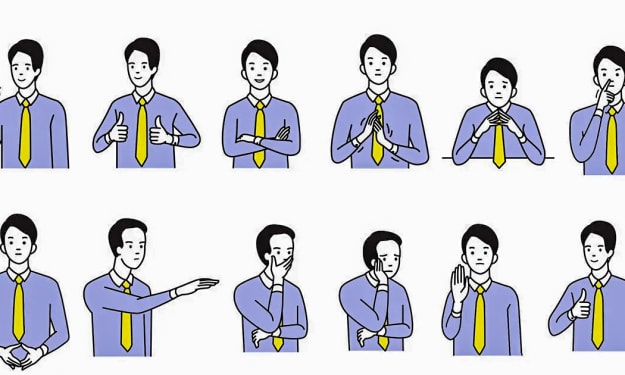Being Mortal: A Compassionate Exploration of Aging and End-of-Life Care
A Summary of Atul Gawande's Book

Atul Gawande’s book “Being Mortal: Medicine and What Matters in the End” delves into the topics of aging, death and end of life care in today’s society in a thought provoking manner. As a writer and practicing surgeon, Gawande explores how we perceive aging and mortality within the healthcare system. Through anecdotes, patient stories, and research findings he advocates for a reexamination of conventional beliefs, about aging, and end of life care to promote a more empathetic and patient focused approach.
The book is organized into multiple sections, each of which focuses on a distinct facet of end-of-life care and aging. Gawande starts up by looking at the historical development of assisted living and nursing homes, emphasizing the move from multigenerational households to institutionalized elder care. He investigates the effects of these changes on older individuals’ quality of life and poses significant queries regarding dignity, autonomy, and quality of life in later life.
“Being Mortal” delves into the balance between longer life spans and preserving a high quality of life. Gawande discusses the shortcomings of healthcare in addressing the complex needs of older individuals, particularly those facing terminal or chronic illnesses. He emphasizes the importance of understanding and honoring patients preferences and beliefs in treatment decisions of solely focusing on extending life without considering their values.

In his book, Gawande introduces us to individuals, such as patients, families and healthcare workers who face tough decisions regarding their final moments. He portrays the challenges and dilemmas linked to end of life care through their stories. These challenges involve managing pain and distress, fostering conversations about patients desires and aims, and finding a middle ground between optimism and truth.
One of the messages in the book emphasizes the importance of honest and meaningful talks about death and end of life wishes. Gawande stresses the significance of healthcare providers engaging in discussions with patients about their values, goals and care preferences to enable them to make decisions aligned with their choices. He advocates for a shift towards a patient approach, in care delivery that focuses on ensuring comfort, dignity and quality of life for individuals nearing the end of their lives.

Throughout his book, Gawande encourages readers to rethink views on getting older and facing death in today’s society. He challenges the idea that death should be viewed as a medical defeat and aging as a sickness rather than a natural part of life. Gawande advocates for an approach towards older and terminally ill individuals emphasizing the importance of honoring their unique needs, choices and personalities.
Gawande examines alternate care models, such as hospice and palliative care, for elderly patients and those who are terminally ill in the book’s concluding sections. He talks about the advantages of using these methods to deliver thorough, caring, and patient-centered treatment that prioritizes improving quality of life and respecting patients’ choices and beliefs. In order to raise the standard of care for elderly and terminally ill patients, Gawande emphasizes the significance of incorporating palliative care concepts within conventional medical procedures.

The book “Being Mortal” prompts individuals to reflect on their views regarding growing old, mortality and caring for those at the end of life. Overall, it is a thought provoking piece of work. Through anecdotes, scientific findings and philosophical musings, Atul Gawande urges readers to consider ways in which we can improve our support and care for the elderly and those approaching the end of their lives. In addressing aging and end of life care, the book acts as a rallying cry for lawmakers, healthcare professionals and society, as a whole to prioritize kindness, respect and overall well being.





Comments
There are no comments for this story
Be the first to respond and start the conversation.